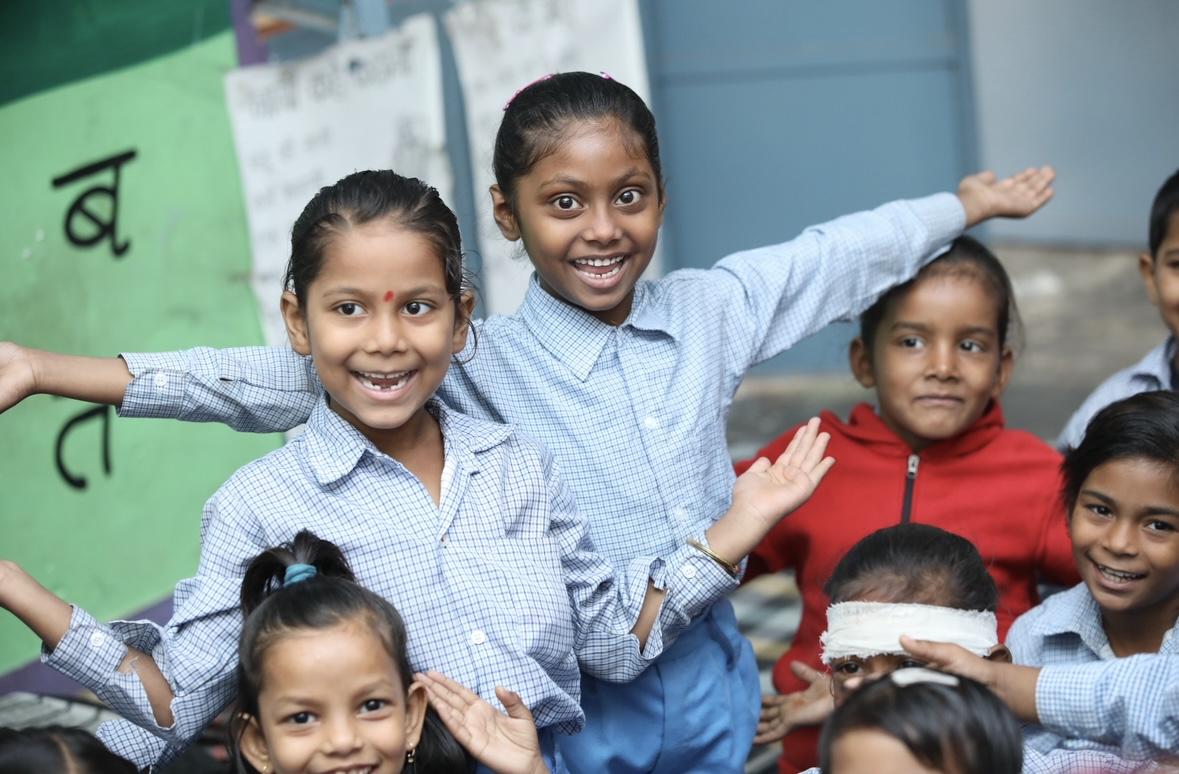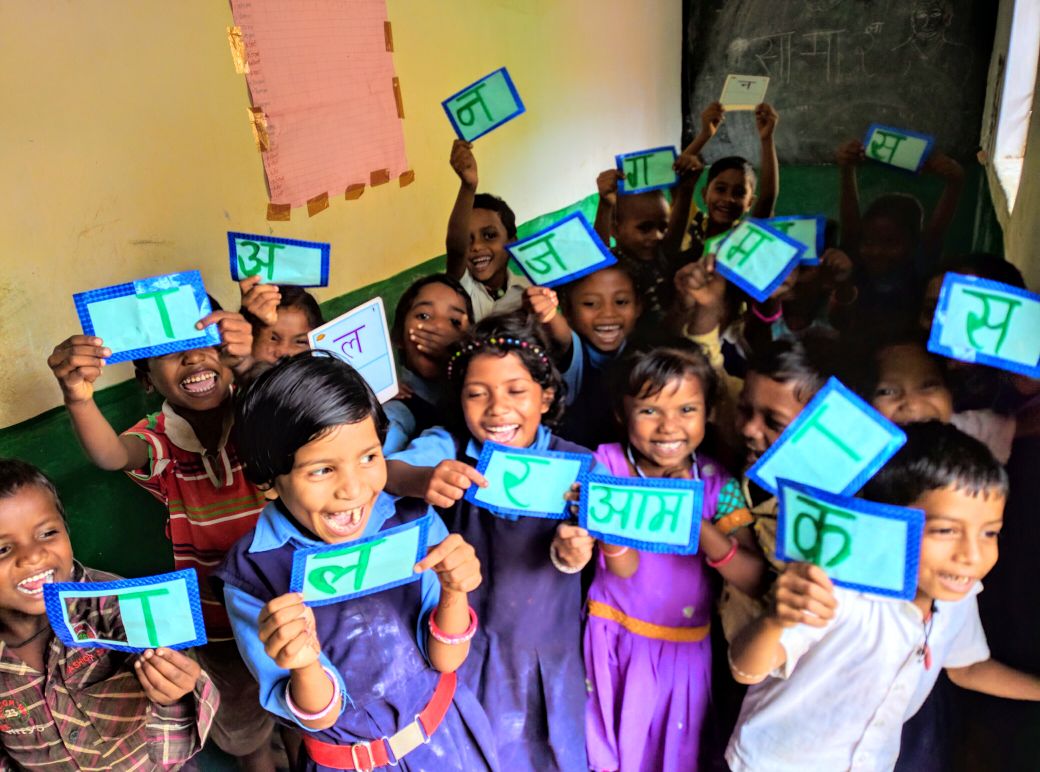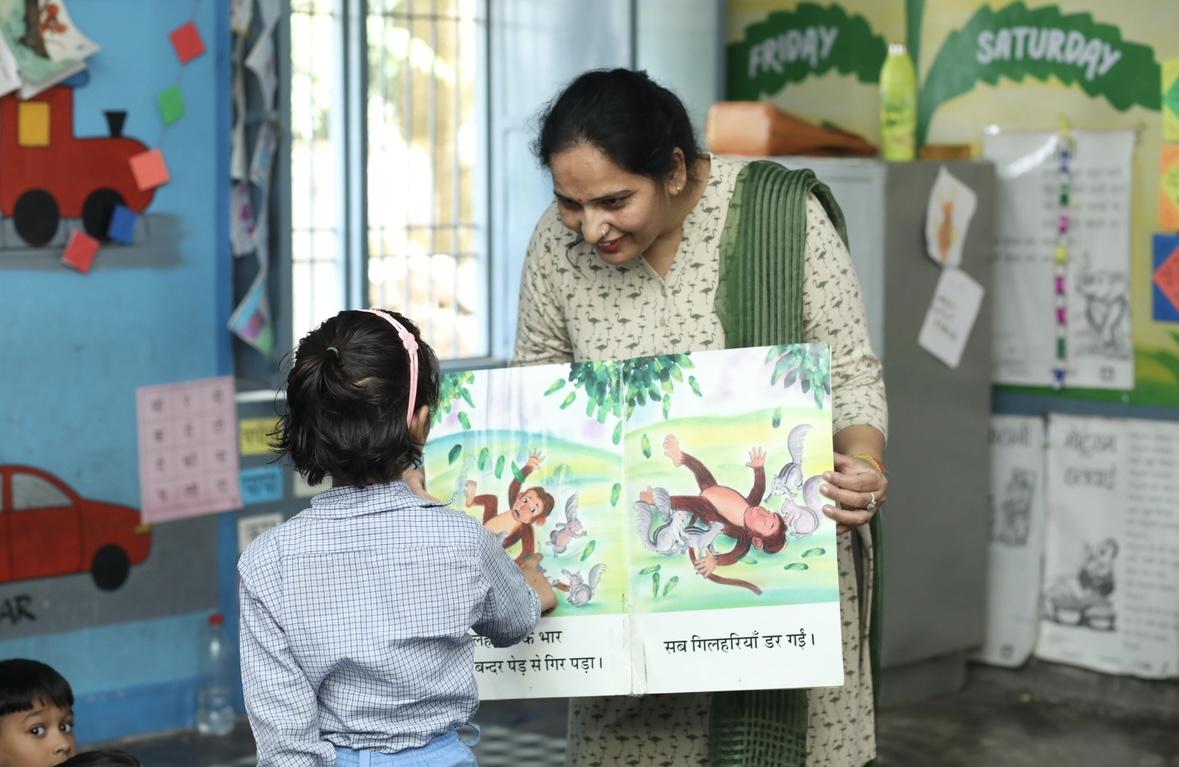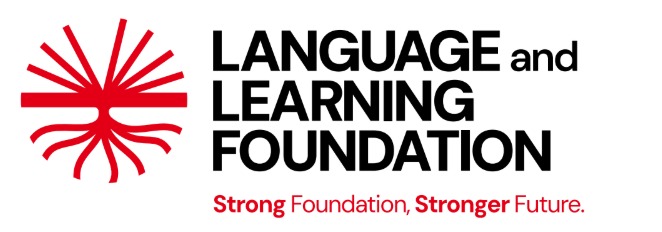In this article, our Director of State Programme, Sanyukta Chaturvedi, reflects on the Haryana Early Literacy DIB, India’s first literacy-focused Development Impact Bond.
Lessons from India’s First Literacy-Focused Impact Bonds

Sanyukta Chaturvedi
Director, State Programme
5th Sept 2025
In this article, our Director of State Programme, Sanyukta Chaturvedi, reflects on the Haryana Early Literacy DIB, India’s first literacy-focused Development Impact Bond. She shares how outcome-based financing proved transformational for public education and why the lessons learnt continue to guide our work today in Haryana and Uttar Pradesh.

As governments and donors increasingly seek accountability and measurable impact from social investments, Outcome-Based Financing (OBF), particularly in the form of Development Impact Bonds (DIBs), has emerged as a transformative mechanism. By tying philanthropic capital and investor risk directly to improvements in service delivery, OBF injects innovation, flexibility, and performance discipline into the heart of public programmes.
Nowhere is this potential more visible than in India’s education sector. The Haryana Early Literacy DIB (2019–2022) stands out as a pioneering effort that demonstrated how outcome-linked funding can catalyse systemic change and generate sustained learning gains. The initiative was implemented by Language and Learning Foundation (LLF) in close partnership with state governments, offering a compelling proof of concept for how mission-aligned social sector organisations can lead large-scale reform.
Founded in 2015, LLF is dedicated to improving foundational literacy and numeracy (FLN) outcomes for children in the early primary grades, not by creating parallel systems, but by strengthening India’s public education system from within. The organisation partners with national and state education departments to co-develop curricula, instructional materials, teacher training, and academic support systems. Its deep engagement ranges from state-level technical advisory to district-level demonstration programmes aligned with the Government of India’s NIPUN Bharat Mission.
The Haryana Early Literacy DIB: Proving That Outcome-Based Financing Can Drive Systemic Improvement

As part of its broader work in foundational learning, LLF implemented India’s first domestic CSR-funded, education-focused Development Impact Bond, the Haryana Early Literacy DIB, across seven districts. The programme targeted more than 164,000 children and 7,500 educators in 3,300 government schools, with a focused effort on improving outcomes for students in the bottom 25th percentile of classroom performance.
LLF designed and executed a state-aligned strategy that combined teacher professional development, curriculum reform, and sustained academic support. When the COVID-19 pandemic disrupted in-person learning nationwide, LLF responded swiftly with ‘Har Ghar School’, a home-based learning initiative leveraging printed materials, WhatsApp-based content, and community volunteers. Despite only partial smartphone access among students, this low-tech, inclusive model ensured learning continuity at scale.
Outcomes That Mattered
- 3.5x learning gains compared to the DIB targets
- 6/6 outcome goals met for all DIB pay-out tasks
- 42.4 words per minute (WPM) in Oral Reading Fluency (ORF) among programme students—compared to 30.3 WPM in control schools, and exceeding the Global Minimum Proficiency benchmark
- 1.61 learning-adjusted years of schooling
- Programme insights directly informed the design of the NIPUN Haryana Mission
- Ranked among the top three global programmes in oral reading fluency and comprehension
- Honoured with the ICC Social Impact Award 2024

The Haryana DIB paired LLF’s embedded delivery with outcome-linked financing to achieve cost-effective learning gains at scale. Structured with IndusInd Bank and SBI Foundation as outcome funders, Central Square Foundation as the risk guarantor, Social Finance India as the convenor and Educational Initiatives as the outcome evaluator, the programme reinforced accountability through payments tied to independently verified results—creating a replicable blueprint for public education reform in India.
Building on the institutional shifts catalysed in Haryana, LLF is now leading implementation under the LiftEd DIB, a multi-year outcome-based initiative in Sirsa (Haryana) and Fatehpur (Uttar Pradesh). This next phase focuses on strengthening district- and block-level leadership, standardising governance and review processes, and embedding FLN practices within existing state structures. Through on-ground mentoring, co-created tools, and data-driven planning, LLF continues to deepen its systemic engagement, ensuring that foundational learning gains translate into long-term, system-wide transformation.
Together, these two DIBs reflect a compelling roadmap for how mission-driven organisations can unlock the full potential of outcome-based financing. By embedding within government systems, fostering adaptive, data-led cultures, and aligning incentives across stakeholders, LLF’s approach offers a tested and transferable model for delivering measurable, sustainable impact—not just in education, but across sectors such as health, skilling, and climate resilience.
